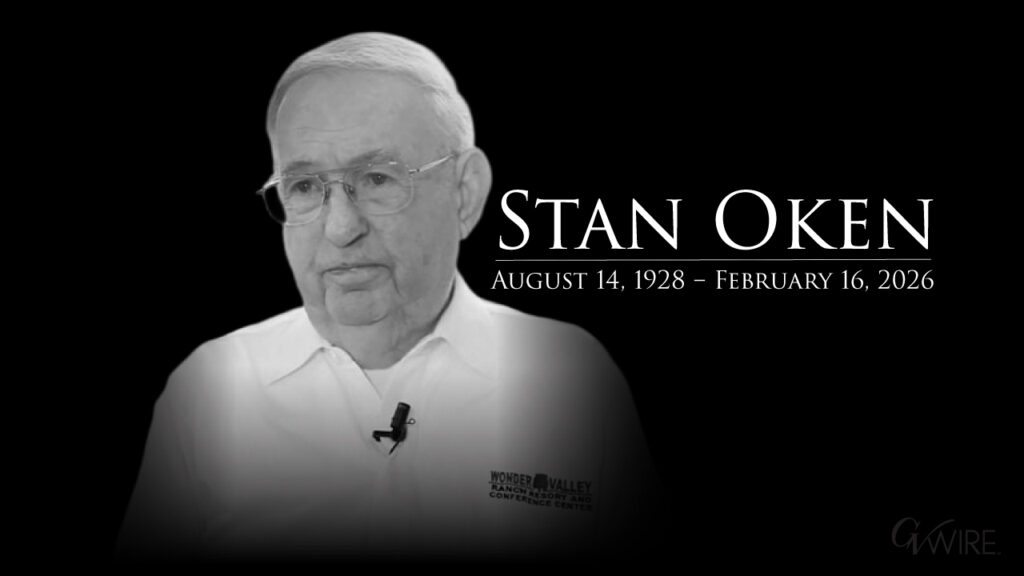Share
|
Getting your Trinity Audio player ready...
|
![]()
■Assembly Bill 1633 aims to reduce CEQA delays in urban projects.
■A recent court ruling could make it harder to use CEQA to stop projects.
■The ruling could lead to a “judicial transformation of CEQA.”
California’s perpetual conflict over housing, pitting advocates of state-level pro-development policies against defenders of local government land use authority, has often involved friction between two state laws.

Dan Walters
CalMatters
Opinion
One, the Housing Accountability Act, or HAA, aims to remove barriers to construction, while the older California Environmental Quality Act has been employed to delay or block specific projects.
One tactic used by local authorities to overcome the accountability law’s pro-housing provisions has been indefinitely delaying decisions on whether projects are eligible for CEQA clearance by demanding ever-more data from developers.
Last year, the Legislature, which has been strengthening HAA provisions in recent years, cracked down on CEQA delays by passing Assembly Bill 1633, carried by Assemblyman Phil Ting, a Democrat from San Francisco, where the tactic has often been employed. It decreed that excessive CEQA delays in high-density urban projects violate state law and subject officials to lawsuits.
While AB 1633 gives pro-housing advocates a new legal weapon, its applicability to only specific kinds of projects falls short of a wider overhaul of CEQA that some political figures have supported.
CEQA Reform Is “the Lord’s Work”: Jerry Brown
For instance, former Gov. Jerry Brown once described CEQA reform as “the Lord’s work” but was unwilling to take on the heavy political burden such changes would require. If politicians are unwilling to take on CEQA reform – which would draw opposition from environmental groups, and labor unions which invoke the law to demand agreements with developers – California’s courts may do the job.
This month, a state appellate court delivered a ruling that, if not overturned by the state Supreme Court, would make it much more difficult to use CEQA to stop projects that conform to local zoning laws.
The case involved a corporation, Hilltop Group Inc., that wanted to construct a facility to recycle construction debris on a site adjacent to Interstate 15 in northern San Diego County that had been designated for industrial uses in the county’s general plan.
The county’s staff declared that the North County Environmental Resources Project was entitled to a CEQA exemption because it met the criteria of the general plan, which had been certified as compatible with CEQA. However, when residents of the area and the city of Escondido opposed the facility, citing noise, traffic, and aesthetic impacts, the San Diego County Board of Supervisors declared that it needed more environmental mitigation under CEQA.
Hilltop sued and the county prevailed in the trial court, but a three-judge panel on the 4th District Court of Appeal unanimously declared that the county could not impose additional conditions because the project was compatible with the industrial zone the county created in its general plan.
Ruling Is Major Blow to Using CEQA as Delay Tactic
Chris Elmendorf, a UC Davis law professor who is the state’s foremost authority on development laws, says the appellate court ruling is a major blow to the tactic of using CEQA to delay projects of any kind – not just housing – that conform to the standards of pre-existing general plans.
It could be a “judicial transformation of CEQA (that) won’t be rendered ineffectual by project-labor, community-benefit or other everything bagel conditions,” Elmendorf remarked on X.
Elmendorf likens the appellate court decision to the Washington Legislature’s sweeping overhaul of its environmental quality act last year, also meant to minimize delays in housing development. It exempts zoning-compliant housing from further environmental review.
If the decision has the effect Elmendorf anticipates, one wonders whether those who have for years invoked CEQA on specific projects, particularly environmentalists and labor unions, will accept a changed legal climate or try to overturn the ruling through the Legislature.
About the Author
Dan Walters has been a journalist for nearly 60 years, spending all but a few of those years working for California newspapers. He began his professional career in 1960, at age 16, at the Humboldt Times. CalMatters is a public interest journalism venture committed to explaining how California’s state Capitol works and why it matters. For more columns by Dan Walters, go to calmatters.org/commentary.
Make Your Voice Heard
GV Wire encourages vigorous debate from people and organizations on local, state, and national issues. Submit your op-ed to bmcewen@gvwire.com for consideration.
RELATED TOPICS:
Categories

Exclusive: Warner Bros Inks $110B Deal with Paramount

Mac the Cat Is Guaranteed to Spice Up Your Life

















